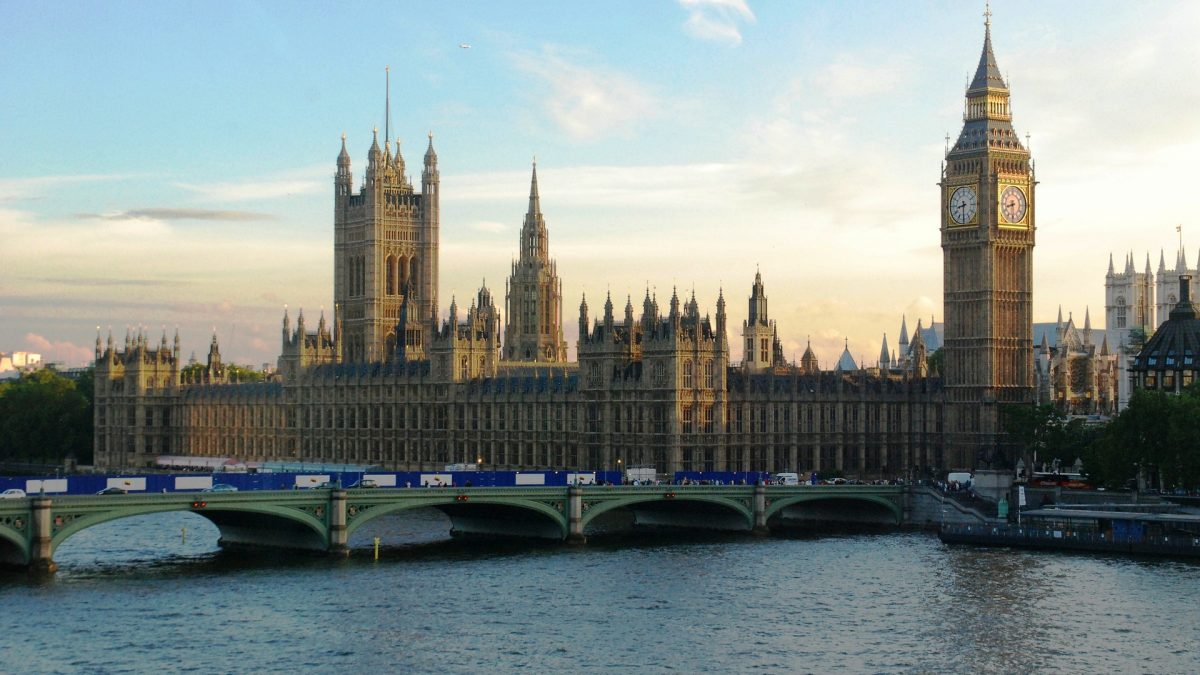
Commercial Awareness Update – W/C 20th March 2023
March 20, 2023
Clear the Lobby: What Laws are MPs voting on this week? W/C 20th March 2023
March 20, 2023Disclaimer: This article is written by Caitlin Barry. Any views and opinions expressed in this article are those of the writers and do not necessarily reflect the views or positions of the team editor nor any entities they represent.
Conversion therapy is still allowed in the UK despite the government’s commitment to outlaw it. This is because of the government’s tumultuous connection with the idea of outlawing conversion therapy.
Conversion therapy is an attempt to use therapy to change someone’s sexual orientation or gender identity, essentially implying that they need to be ‘cured’. This practice evidently has no place in society and ought to be banned if LGBTQIA+ people are to feel safe. It is estimated that around 5% of those who took part in a UK-wide LGBTQIA+ survey in 2018 have been offered a form of conversion therapy with 2% having undergone it.
Despite no study ever concluding that conversion therapy is successful in its intentions, there is significant proof that those who undergo conversion therapy suffer trauma for a long period of time. It is for this reason that some argue that to protect LGBTQIA+ people from this trauma, the government must ban conversion therapy fully.
Banning conversion therapy is not a new phenomenon with Brazil being the first to ban conversion therapy in relation to sexual orientation in 1999. There are now 14 countries with some form of ban on conversion therapy with hopes that the UK will be the next to join the list.
The government’s relationship with conversion therapy became rocky when despite originally promising a total ban in 2010, no progress was made towards a ban until 2020. This is when Boris Johnson stated that the plans to ban conversion therapy would be brought forward. This promise was backtracked in 2022 by the same Johnson government when they stated that they would drop plans for an entire ban and instead review the existing law to analyse how it could be more effective in preventing the use of conversion therapy. This evidentially was met with mass criticism causing the government to make a U-turn roughly three and a half hours later. However, when announcing this U-turn and stating that they would in fact ban conversion therapy, the government described how it only intends the ban to cover sexuality and not gender identity. This is an area that is greatly debated with the Rainbow Project arguing that any ban excluding transgender people was ‘not a real ban’. This was supported by Labour MP Nadia Whittome, who stated that this was ‘still not good enough’ and that any ban must be applicable to everyone.
Despite the turbulent relationship the government has brought upon themselves with conversion therapy, a total ban is possible through a private member bill. The Conversion Therapy (Prohibition) Bill is currently in its second reading in the House of Commons. Initiated by Liberal Democrat MP Wera Hobhouse, the bill will ‘prohibit sexual orientation and gender identify conversion therapy’, thus going against what the government intend; a ban of conversion therapy purely for sexuality purposes. This proposed legislation will make conversion therapy an offence to practice or offer to practice with a fine not exceeding level 5, which is unlimited, on the standard fine scale.
Currently, all UK nations are intending to ban conversion therapy. Northern Ireland has passed a non-binding motion calling for a ban on conversion therapy, Wales is seeking legal advice to determine whether it can introduce its own ban on conversion therapy, and Scotland has committed to introducing legislation by the end of 2023. If the Conversion Therapy (Prohibition) Bill is passed, it will cover all UK nations despite their individual attempts to prohibit conversion therapy due to the slow pace of the Westminster government.
The current reading of the Conversion Therapy (Prohibition) Bill is something that is and should be heavily followed. It is likely that some form of ban on conversion therapy will happen soon but at present, it is not clear what form it will be in or when. Many are hopeful that the current proposed bill will be enforced and will ban conversion therapy for all.
Despite their numerous promises, it is clear that the government does not view the ban of conversion therapy as critical and has encountered a rocky relationship with the proposal of banning conversion therapy from the initial promise in 2010. Arguably, the government must remember that it is 2023 and conversion therapy, as Boris Johnson said ‘has no place in this country’.





